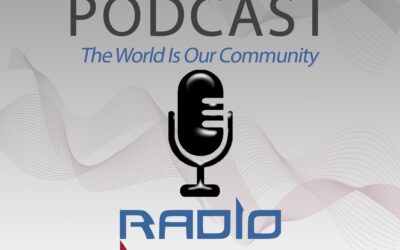Introduction
One of the issues related to Taqdeer is the issue of Tawakkul. The dictionary meaning of Tawakkul is to appoint someone as a deputy. The person who will appoint a deputy wants to rely on a person who is stronger, more compassionate, more knowledgeable and wiser than him and appoint him as a deputy.
Tawakkul in the context of Shariah means to fulfill all of one’s duties and then to leave the result to Allah and to accept the result with reliance and consent. In short, it means to trust in Allah and not to worry about one’s end.
As Muslims, we are required to have complete Tawakkul in Allah for all our affairs. We also believe that Allah’s will can supersede our plans. However, this does not mean that we should not plan and work based on what Allah has blessed us in knowledge and intelligence.
In the world that we live in, we must take the necessary precautions and employ the necessary means. Allah has made the world a place of cause and effect, a place where we must use the resources provided to us.
Making use of the means and considering relevant measures does not contradict Tawakkul or trust in Allah. Nabi S.A.W. hid in the cave when undertaking the journey of Hijrah and he instructed the companions to make Hijrah in small groups. This strategy shows that along with Tawakkul, adopting the means is also vital.
As part of our Muharram focus this week we will be looking at the life of Moosa A.S. and the way he found this balance between Tawakkul and the adoption of means.
The Overall Mission Of Moosa A.S.
In this coming week we will be looking at different incidents in the life of Moosa A.S. However, we start off with the overall mission of Moosa A.S. Allah mentions in the Quraan…
وَرُسُلًا قَدْ قَصَصْنَاهُمْ عَلَيْكَ مِن قَبْلُ وَرُسُلًا لَّمْ نَقْصُصْهُمْ عَلَيْكَ ۚ وَكَلَّمَ اللَّهُ مُوسَىٰ تَكْلِيمًا
“And We sent messengers about whom We have related their stories to you before and messengers about whom We have not related to you. And Allah spoke to Mūsā directly.” (An-Nisā 4:164)
In the above verse, Allah speaks about the incidents of the Ambiyaa A.S. We need to ask ourselves why? If we look at the mission of Moosa A.S. and other Ambiyaa A.S. as well, we will find that Allah teaches us the importance of using means and adopting strategies.
We often hear the phrase ‘Hidaayat is in Allah’s hands’ which of course is 100% true. However, if effort from the side of Muslims was not needed then what would be the need for Allah to describe in detail the mission of Moosa A.S. in the Quraan. The incidents of the Ambiyaa A.S. are all mentioned in the Quraan so that we can take lesson and amongst other things, understand how to give Dawah. Dawah is a means to Hidaayat.
In the above verse, Allah also mentions that He spoke directly to Moosa A.S. What was the conversation about? It mainly dealt with strategies to overcome the challenges of Firawn. Remember, Allah already made the decision for Firawn’s ultimate destruction however, Moosa A.S. had to adopt the means and give Dawah before the decision was executed.







0 Comments